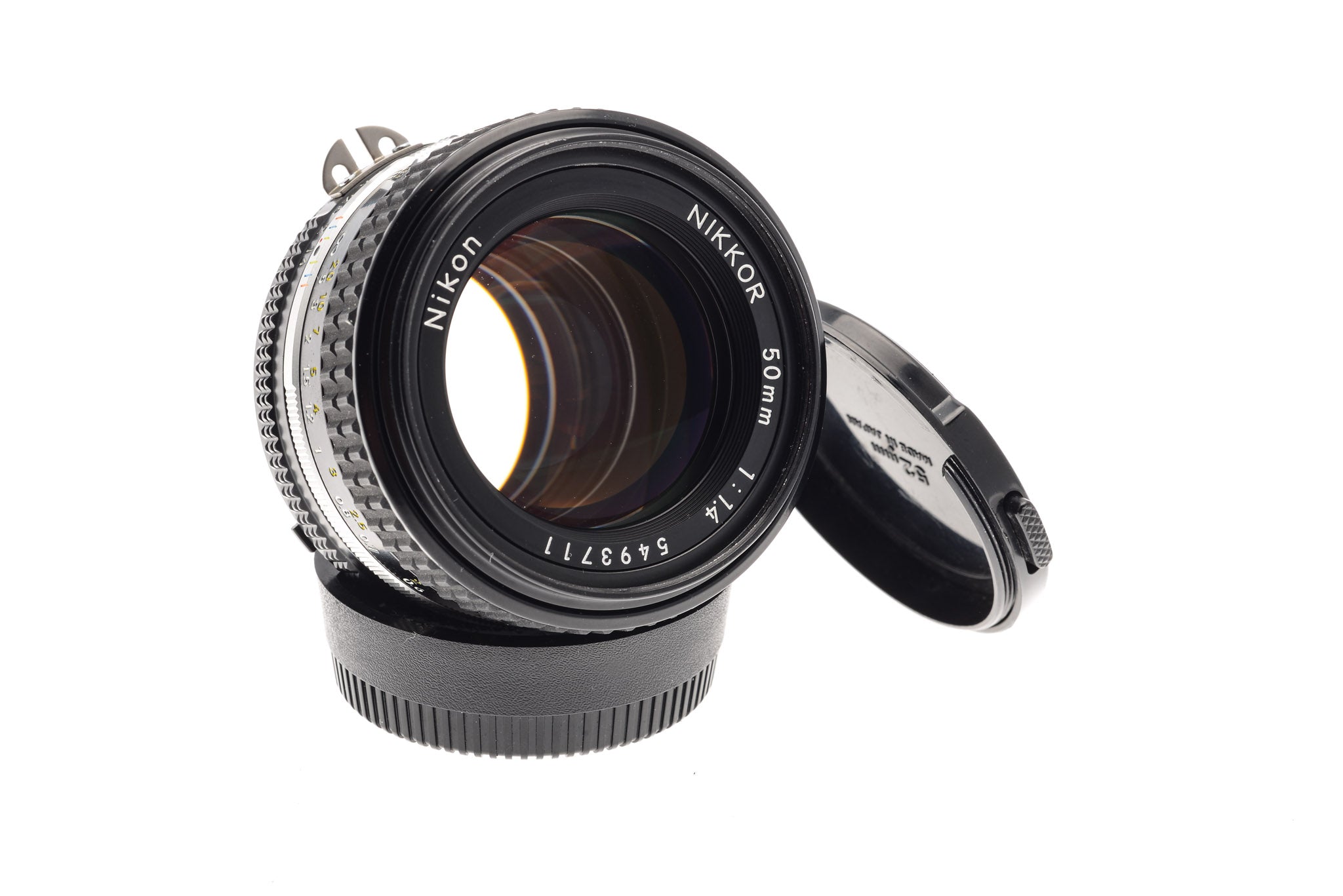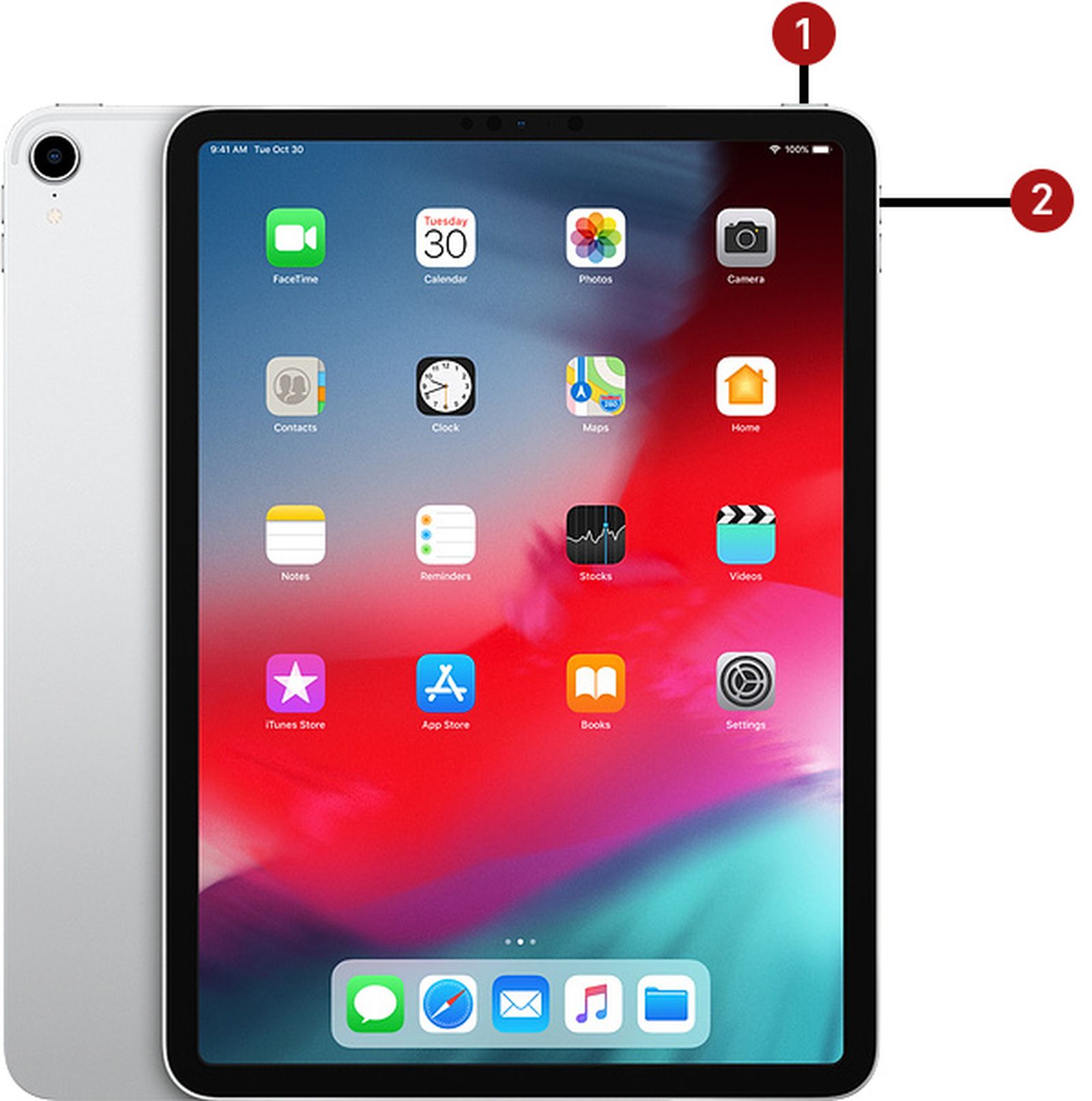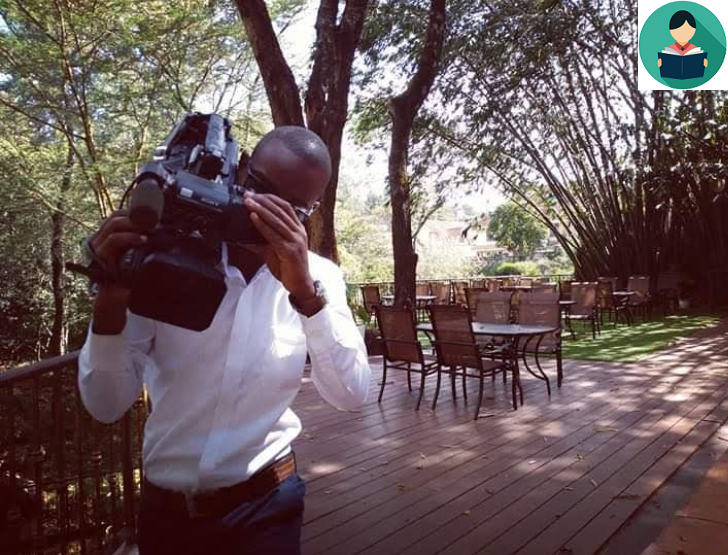
Lifetouch Photographers earn around $24,000 annually, or $12 an hour. This is the same as the national average for Photographers and $12 an hour. However, it is far lower than the average salary of all Americans. DCK Images has the highest-paid Photographers and they earn $135,000 per year. Central Texas College's lowest-paid Photographers make $14,000 per annum.
Salary for a Lifetouch school photographer is $24,000
There are many opportunities for you to get a job as Lifetouch School Photographer. This job can pay as much as $48,000 annually and could offer many advancement opportunities. You may be eligible for even higher salaries depending on where you live.

This is less than the average national salary for Photographers. However, it is still higher than the average income of working Americans. Lifetouch pays $135,000 to the highest-paid Photographer, and $14,000 to the lowest-paid Photographer.
It varies modestly between Bridgehampton and Kinderhook
Lifetouch school photographers get paid differently, but their average annual salary exceeds the state average. Bridgehampton is the leader in New York, Roslyn Estates and Brooklyn are second and third. Bridgehampton's average Lifetouch photographer salary is $21,000 less than Bridgehampton. But it is important that you consider living costs when comparing the salaries of Lifetouch photographers from different areas.
It depends on department or organizational function
Lifetouch salaries differ depending on where a person works. In the sales function, for example, workers earn an average of $45,999 per year. Retail workers earn an average salary of $38,052 each year. Customer service and warehouse operations are the least-paid organizational functions.
For photographers who are just starting out, they get more than those with years in the business.
There are some differences between incoming photographers and experienced photographers. A new incoming Lifetouch photographer often earns more than an experienced photographer. A Lifetouch manager criticized Alvarez’s work at Chino in a recent performance review. Marino, a Lifetouch manager, asked the photographer to attend a manager’s meeting. Marino reportedly stated that two Lifetouch employees had "over 50 years" of experience. Alvarez felt unwelcomed and targeted by Marino's comment.

Alvarez was unable to perform certain functions in her job due to her disability, which included taking photographs. Lifetouch claimed that Alvarez was unable perform these functions with reasonable accommodations. Lifetouch argued that she was unable to perform the essential photography portion of her job due to her disability. She claimed, however that she would still be able to perform the job function and her title would not be lost.
FAQ
How can I look great in photos?
Photographing yourself is the best way to make sure you look professional in your photos. You'll learn how to pose for the camera, what angles are flattering, and which ones aren't. Additionally, you'll learn how to use lighting and props in order to enhance your natural beauty.
You'll discover how to choose clothes that fit well, make-up that looks great on you, and hairstyles that suit your face shape and style.
We'll also show you how to retouch images with Photoshop or other editing software if you aren't satisfied with the results.
So, go ahead - take some self-portraits!
How do I become a good photographer?
Photography is an art form that requires patience, dedication, passion and dedication. If you are passionate about your photography, you will do much better than you would if you were only interested in making a living.
It is essential to understand how to use your camera effectively. It is important to understand the basics of composition, lighting and exposure. You also need to have a decent understanding of Photoshop.
Photography can be difficult but once you get the hang of it, it's a rewarding art form that allows you to capture moments in time that otherwise would have gone unremembered forever.
To improve your skills, you can read books and attend classes. You can also participate in competitions. This will give you experience and confidence that will help you improve. What equipment are you looking for?
It really depends on what kind of photography you like to do. A wide-angle lens is necessary for landscape photography.
A telephoto lens will be a must if you are interested in portrait photography.
A tripod is essential when taking photographs. It allows for you to sit back and compose your image without moving.
A camera bag is useful for carrying your camera, memory cards, and other accessories.
A flash unit is necessary if you are using a compact camera.
For beginners looking to capture professional-quality photos, a DSLR (Digital Single Lens Reflex Camera) is the best option.
DSLRs are popular because they allow you to control every photo aspect, including shutter speed, aperture, ISO sensitivity, white balance, focus, and more. A variety of features are available such as autofocus and auto-exposure locks, bracketing, self-timer, and RAW formatting.
Where to Buy Cameras?
Cameras can be purchased online from many different places. B&H Photo Video, however, is recommended as a trustworthy retailer. They have knowledgeable staff who can answer all your questions.
B&H also ships quickly and securely, making it easy to get your order delivered to your door.
This video will help you learn more about buying cameras.
Statistics
- The second easiest way to get blurry photos 100% of the time is to use a cheap filter on the front of your lens. (photographylife.com)
- In this case, 100% of readers who voted found the article helpful, earning it our reader-approved status. (wikihow.com)
- There are people out there who will pick at flaws they can only see in 100% crops of your photos. (wikihow.com)
- By March 2014, about 3 million were purchased monthly, about 30 percent of the peak sales total. (en.wikipedia.org)
External Links
How To
What are the skills to be a photographer?
Photography jobs require basic skills such as technical knowledge, artistic talent, and business acumen.
Technical knowledge includes the ability to understand exposure settings, camera functions and lens types.
Artistic ability involves understanding composition, lighting, and posing and knowing how to use Photoshop and other editing software.
Business acumen encompasses budgeting, scheduling, time management and dealing with clients.
A passion for photography is essential if you are to become a professional photographer.
Take classes at school, college, or online to learn more about photography.
You can also find many books that will teach you everything about photography.
It is important to learn about photography and to create your own style.
This will enable you to be different from other people in the field.
Photography has changed throughout the years. In the past people used cameras like the Kodak Instamatic or Polaroid instant camera.
Digital cameras have become more popular today than ever. Today, the majority of photographers use their smartphones to shoot photos.
Although it is possible to purchase a smartphone capable of taking high-quality images you should invest in a DSLR (Digital Single Lens Reflex).
You can control all aspects of your shot with a DSLR, such as shutter speed, aperture and ISO sensitivity.
These features make it possible to create beautiful photographs with a variety of effects.
These controls can also alter the mood of your image.
A fast shutter speed can make your subject appear blurry, for instance.
You can also make them appear more mobile by increasing the light that enters the camera.
Adjusting the scene's hue can change the mood.
You might increase the red value of the picture if there's a lot blue light.
It can be confusing to know where to point your camera.
However, once you understand the basics, you will soon realize that it is not so hard after all.
It's much simpler than you think!
When you first start out, you will probably only shoot landscapes or close-up shots of objects.
Do not worry! As you gain experience, your ability to capture portraits and abstracts will improve.
After mastering the basics of the subject, you can move onto more advanced topics.
These are some tips to get you started.
-
You should choose a beautiful location. You should choose somewhere you feel comfortable and relaxed.
-
You should find something that is interesting to photograph. You should look for unusual or special objects to photograph.
-
Practice lots of photos. Practice makes perfect!
-
Experiment with different angles. Depending on the goal, hold your camera in a different way.
-
Use different lenses. Different lenses offer different perspectives.
-
Low-light photography is a good option. It can be difficult to shoot in bright sunlight.
-
Try framing your shot. When capturing images, framing is a crucial skill.
-
Learn how to set up your camera settings. Experimenting with your camera settings is the best way for you to improve your photographs.
-
Keep learning new techniques. Photography is a vast subject. Visit local galleries, museums, libraries, and other venues to find out more.
-
Read magazines and books. You will learn everything you need about photography by reading books and magazines.
-
Join a club. Many clubs encourage members to share their work at events.